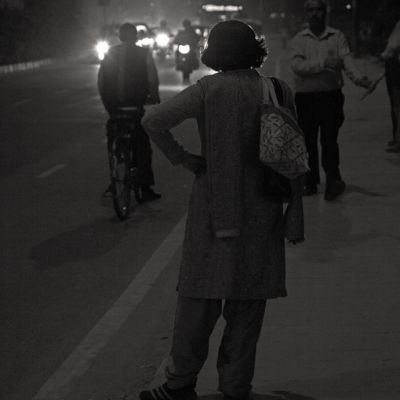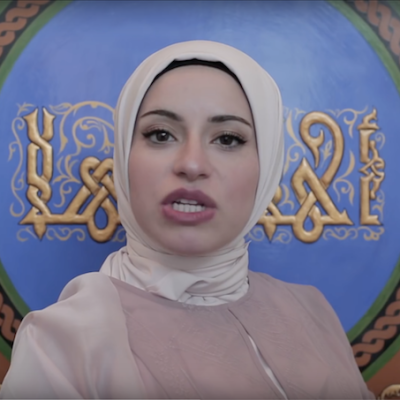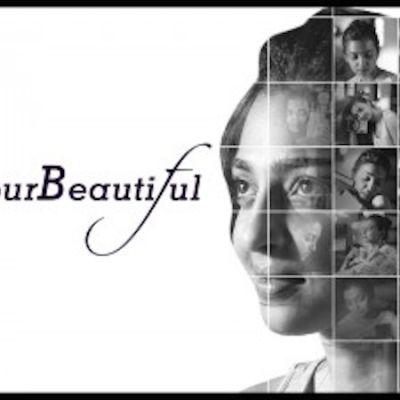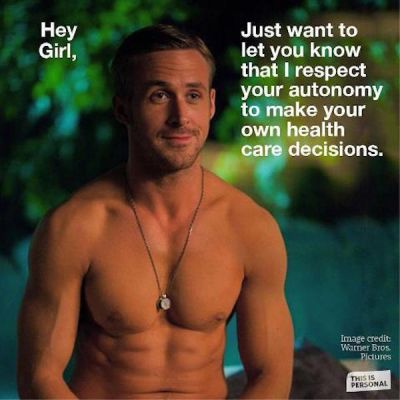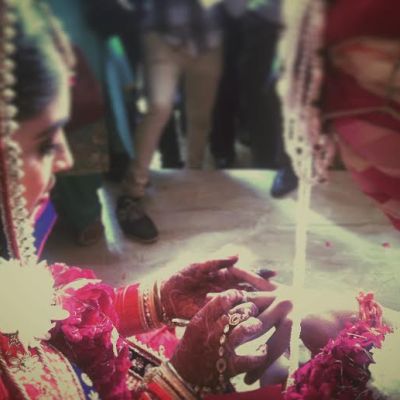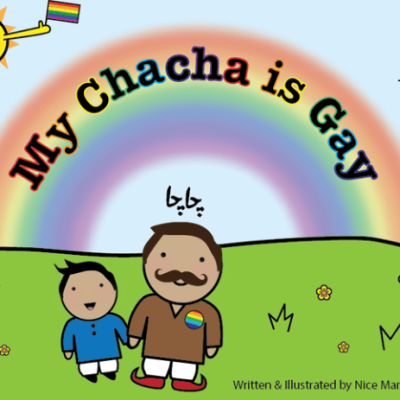woman
Invitation cards had been printed. Her parents wanted to get the best of everything for her. She knew that all this generosity came more out of them trying to put up appearances than out of their love for her. Instead of trying to make sense of it all, or to reason with them, she was told to just enjoy this special life event. Once the whole family had arrived, all of her father’s financial worries and her mother’s emotional ones got drowned in the festivities that took place each night. The bright strings of lights flickered all around the house, announcing the upcoming marriage to the world.
The skewed portrayal that dominates narratives about Muslim women in mainstream international media continues to sustain an atmosphere of misinformation, where donning a hijab leads society to promptly place you in a box labelled ‘Oppressed’. Taking matters into their own hands are these two certainly not silent U.S.-based Muslim women who’re doing what they can – with hijab firmly in place – to undo the dangerous stereotyping that mires the image of Muslim women of colour.
While the video’s message of women finding self-worth through beauty can be construed as sexist (our worth can’t be reduced to mere beauty and looks), and it also has the token ‘fat’ woman that one can criticise it for, one also can’t deny that the loving and acceptance of one’s body remains a universal, daily struggle of probably every woman the world over.
Mainstream media is beginning to pay attention to men’s relationship with abortion – a welcome counterpoint to the anti-woman, anti-abortion rhetoric Men’s Rights Activists (MRAs) spew on the topic.
I envy confident women. It could be the way a woman speaks her mind, the way she dresses, or just…
India is home to a whopping 17.5% of the total world population. Half of this population is its women. No, correction,…
In this series, Special Features, we will be featuring people who have done groundbreaking work in the field of Gender,…
Where did my body go? This is a question I have asked myself repeatedly over the last two years. My…
For I was a woman / Taught to chain herself gracefully / In an invisible cage.

